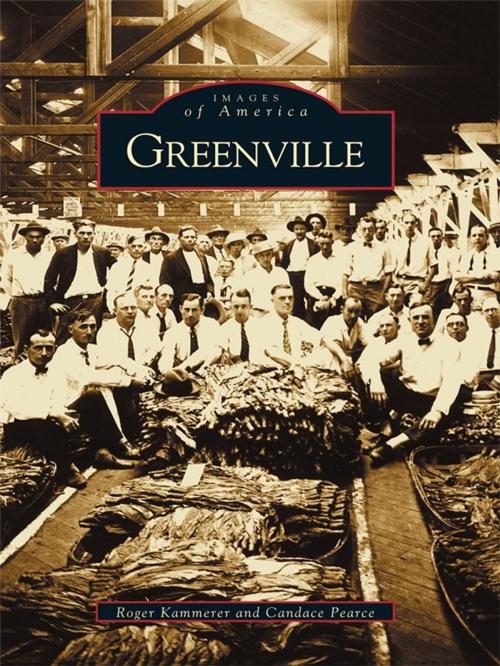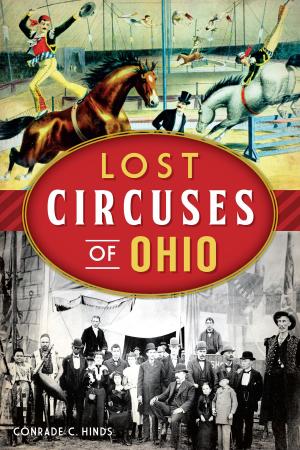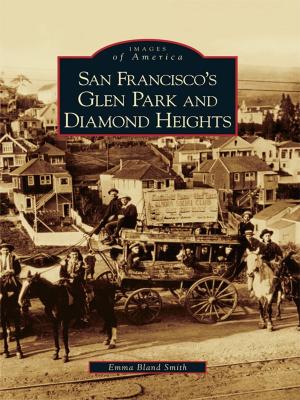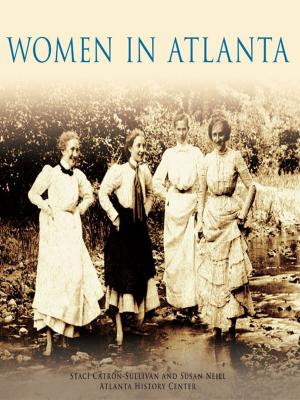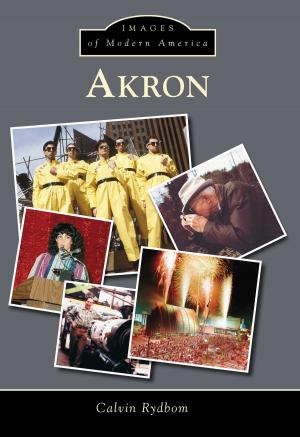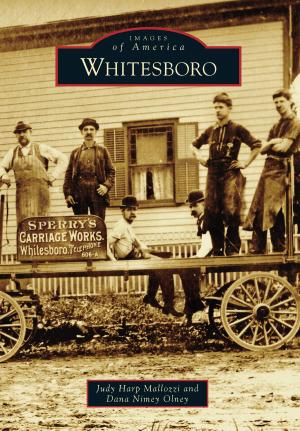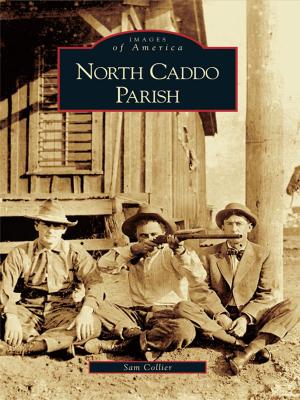| Author: | Roger Kammerer, Candace Pearce | ISBN: | 9781439612156 |
| Publisher: | Arcadia Publishing Inc. | Publication: | August 28, 2001 |
| Imprint: | Arcadia Publishing | Language: | English |
| Author: | Roger Kammerer, Candace Pearce |
| ISBN: | 9781439612156 |
| Publisher: | Arcadia Publishing Inc. |
| Publication: | August 28, 2001 |
| Imprint: | Arcadia Publishing |
| Language: | English |
Located along the Tar River in the eastern half of North Carolina, Greenville exists today as a thriving center of commerce, education, medicine, the arts, and quality living. Since its earliest days in the 1770s, the city has expanded in size and population with the arrival of the railroad, the popularity of tobacco, and the rise in education. Age covers a city with a patina of experience that is apparent in many aspects of Greenville. Such beauty is evident in the preservation of photographs and stories that pay homage to the city of yesteryear. Greenville is a celebration of the community�s coming of age. The images within these pages reach over the horizon of memory and evoke the proud chapters in the city�s history. The pictures speak of simpler days, hard work, buggy rides, a stick of candy, and people
watching the trains come in. They recall the days when steamboats plied the Tar River and when the tobacco market was the most important time of year. Yet, this volume does not merely depict a vanished ghost; the subject lives on, surviving through renovated buildings, along streets that have simply evolved, and in the faces of the children and grandchildren who, as it turns out, are not so different from those captured in these scenes.
watching the trains come in. They recall the days when steamboats plied the Tar River and when the tobacco market was the most important time of year. Yet, this volume does not merely depict a vanished ghost; the subject lives on, surviving through renovated buildings, along streets that have simply evolved, and in the faces of the children and grandchildren who, as it turns out, are not so different from those captured in these scenes.
Located along the Tar River in the eastern half of North Carolina, Greenville exists today as a thriving center of commerce, education, medicine, the arts, and quality living. Since its earliest days in the 1770s, the city has expanded in size and population with the arrival of the railroad, the popularity of tobacco, and the rise in education. Age covers a city with a patina of experience that is apparent in many aspects of Greenville. Such beauty is evident in the preservation of photographs and stories that pay homage to the city of yesteryear. Greenville is a celebration of the community�s coming of age. The images within these pages reach over the horizon of memory and evoke the proud chapters in the city�s history. The pictures speak of simpler days, hard work, buggy rides, a stick of candy, and people
watching the trains come in. They recall the days when steamboats plied the Tar River and when the tobacco market was the most important time of year. Yet, this volume does not merely depict a vanished ghost; the subject lives on, surviving through renovated buildings, along streets that have simply evolved, and in the faces of the children and grandchildren who, as it turns out, are not so different from those captured in these scenes.
watching the trains come in. They recall the days when steamboats plied the Tar River and when the tobacco market was the most important time of year. Yet, this volume does not merely depict a vanished ghost; the subject lives on, surviving through renovated buildings, along streets that have simply evolved, and in the faces of the children and grandchildren who, as it turns out, are not so different from those captured in these scenes.
